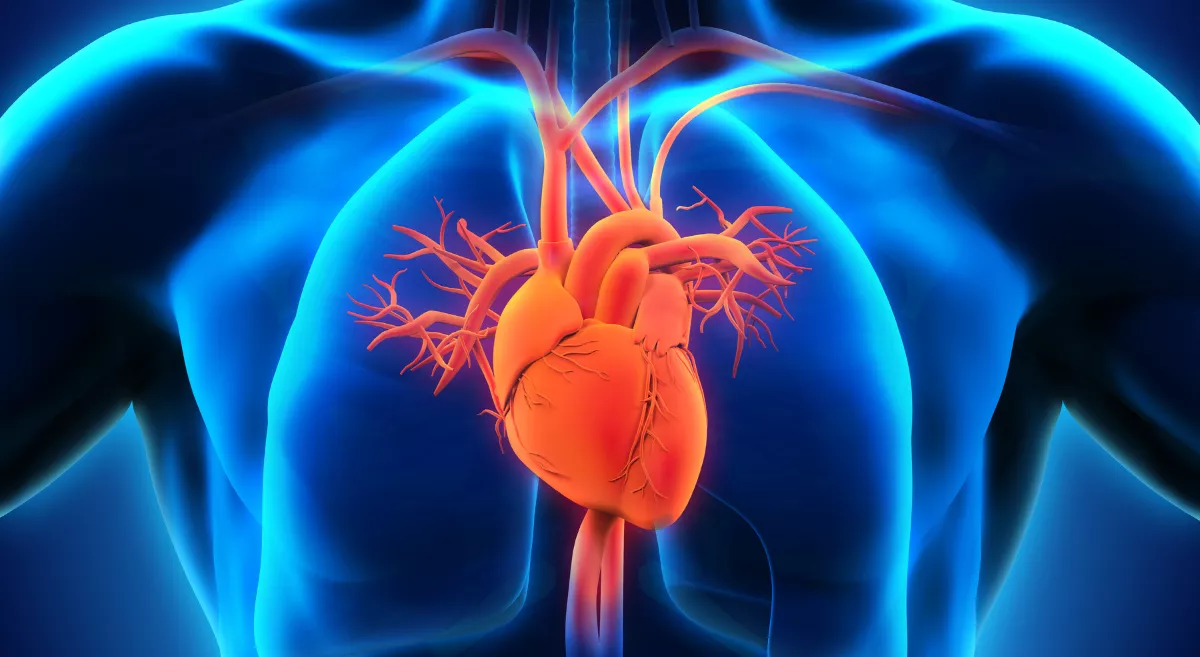Diabetes and heart disease are two prevalent chronic conditions that significantly impact individuals worldwide. What may come as a surprise to many is the strong link between these two conditions. Scientific research has consistently shown that people with diabetes are at a significantly higher risk of developing heart disease. Understanding this connection is crucial to effectively manage and prevent both conditions. In this blog, we will delve into the intricate relationship between diabetes and heart disease and explore the factors contributing to this linkage.
The Link Between Diabetes and Heart Disease
The Impact of High Blood Sugar Levels
One of the primary factors contributing to the link between diabetes and heart disease is the effect of consistently high blood sugar levels on blood vessels. Over time, elevated blood sugar levels can damage the lining of the blood vessels, leading to atherosclerosis (the build-up of plaque) and increasing the risk of heart disease.
Insulin Resistance and Inflammation
Insulin resistance, a hallmark of type 2 diabetes, can trigger a cascade of events that promote inflammation and damage to blood vessels. Chronic inflammation further contributes to the development of atherosclerosis and the subsequent risk of heart disease.
Dyslipidemia
Individuals with diabetes often experience abnormalities in blood lipid levels, including elevated triglycerides and reduced levels of high-density lipoprotein (HDL) cholesterol. This dyslipidemia profile significantly increases the risk of heart disease, as high triglyceride levels are associated with plaque formation and reduced HDL cholesterol is a key indicator of increased cardiovascular risk.
Elevated LDL
High LDL cholesterol is commonly linked to diabetes, forming a crucial part of their metabolic connection. People with diabetes often experience changes in lipid metabolism, leading to increased levels of low-density lipoprotein (LDL) cholesterol, often termed "bad" cholesterol. This elevation significantly raises cardiovascular risk, contributing to conditions like atherosclerosis and increasing the likelihood of heart-related issues. Managing diabetes involves not just controlling blood glucose but also addressing factors like elevated LDL cholesterol to reduce the potential impact on cardiovascular health. Regular monitoring, lifestyle changes, and targeted interventions are key to achieving a balance that minimizes the risk of heart-related complications in individuals with diabetes.
Hypertension
Diabetes is frequently accompanied by high blood pressure, a condition known as hypertension. The combination of diabetes and hypertension significantly amplifies the risk of heart disease. Both conditions independently damage blood vessels and strain the heart, increasing the likelihood of cardiovascular events.
Obesity and Metabolic Syndrome
Obesity and metabolic syndrome are closely linked to both diabetes and heart disease. Excess body weight, particularly around the abdomen, is a significant risk factor for developing type 2 diabetes. Obesity also contributes to hypertension, dyslipidemia, and insulin resistance, all of which further enhance the risk of heart disease.
Prevention and Management
Diabetes Control
Maintaining optimal blood sugar levels is crucial in preventing or delaying the onset of heart disease. Regular monitoring, adherence to medication regimens, and adopting a balanced diet can help control diabetes effectively.
Healthy Lifestyle
Adopting a healthy lifestyle plays a vital role in managing both diabetes and heart disease. Regular exercise, a nutritious diet rich in fruits, vegetables, whole grains, and lean proteins, and avoiding smoking are essential to reduce the risk of heart disease in individuals with diabetes.
Medications
Some medications used to manage diabetes, such as certain classes of oral antidiabetic drugs and insulin analogs, have demonstrated cardiovascular benefits. Consultation with a healthcare professional is essential to explore appropriate drug therapies that can help manage both conditions effectively.
Blood Pressure and Cholesterol Control
Managing blood pressure and cholesterol levels is paramount in reducing the risk of heart disease. This involves regular monitoring, lifestyle modifications, and potentially the use of medications prescribed by a healthcare professional.
Conclusion
Understanding the intricate link between diabetes and heart disease is crucial for individuals with diabetes and healthcare professionals. By comprehending the underlying mechanisms connecting these conditions, effective preventive measures can be implemented. Lifestyle modifications, diabetes control, blood pressure and cholesterol management, and regular check-ups are essential in reducing the likelihood of heart disease for individuals living with diabetes. Always consult with healthcare professionals for personalized guidance and care to mitigate the risks associated with these chronic conditions.













